Solar charge controllers typically cut off power at night due to low battery voltage, faulty panels, or improper system settings. These protective cutoffs help prevent over-discharge of the battery but can also indicate a misconfiguration or malfunction in the system.
Let’s explore the common reasons why this happens and how you can troubleshoot and resolve the issue.
1. Preventing Reverse Current Flow
One of the main reasons a solar charge controller cuts off power at night is to prevent reverse current flow. Solar panels work by generating electricity when exposed to sunlight, but at night, the panels can act as a load and draw power from the battery. This would lead to a discharge of the battery, which is something you want to avoid in most cases.
Solar charge controllers are designed to prevent this reverse current flow by disconnecting the solar panels from the battery when there’s no sunlight. This ensures that the power stored in the battery is conserved for use when it’s needed.
This behavior is completely normal and expected in a properly functioning system.
2. Battery Protection
Another reason your charge controller might cut off power at night is to protect the battery from over-discharge. Most modern solar charge controllers have built-in battery management systems that monitor the voltage levels of the battery. If the battery voltage drops below a certain threshold, the charge controller will disconnect the load to prevent the battery from being damaged by excessive discharge.
Batteries, particularly lead-acid and lithium-ion batteries, can be damaged if they are allowed to discharge too deeply. The charge controller ensures that the battery is only discharged to a safe level, after which it cuts off power to the load.

3. Low Voltage Disconnect (LVD) Setting
The Low Voltage Disconnect (LVD) setting on a solar charge controller determines the voltage at which the controller will disconnect the load to protect the battery. If your system is cutting off power at night, it might be because the LVD setting is too high. In such cases, the charge controller is simply doing its job by protecting the battery.
You can adjust the LVD setting on most charge controllers to a lower value, which will allow the battery to discharge more deeply before cutting off power. However, it’s important to be cautious when adjusting this setting, as allowing the battery to discharge too much can shorten its lifespan.
4. Faulty Wiring or Installation
Improper wiring or installation issues can also cause the solar charge controller to cut off power at night. For example, if there is a loose connection between the battery and the charge controller, the controller may not be able to properly sense the battery voltage. This can lead to the controller cutting off the load prematurely.
Similarly, if the wiring between the solar panels and the charge controller is not properly secured or is undersized, the system may not perform as expected. It’s crucial to ensure that all connections are secure and that the wiring is appropriate for the system’s current and voltage.
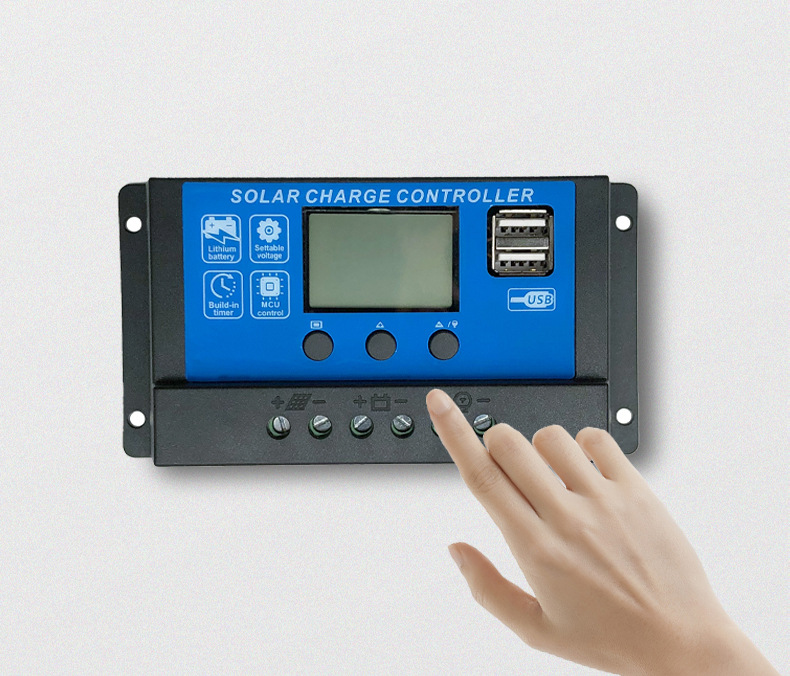
5. Incorrect System Design
Sometimes, the issue may stem from the overall design of the solar power system. If the solar panels, charge controller, and battery bank are not properly sized, you may experience problems like premature power cut-off at night. For example, if the battery bank is too small for the load, the charge controller may cut off power to protect the battery from over-discharge.
To avoid this issue, it’s important to properly design your system by considering factors such as the size of your load, the capacity of your battery bank, and the amount of energy your solar panels can generate. If you’re unsure about the design of your system, it may be helpful to consult with a solar energy professional who can assist in optimizing your setup.
6. Environmental Factors
Environmental factors, such as temperature, can also affect the performance of your solar charge controller and battery. Extreme cold or heat can reduce the capacity of your battery, causing it to discharge more quickly at night. If the battery’s voltage drops too low due to temperature effects, the charge controller may cut off power to protect the battery.
In some cases, charge controllers have built-in temperature compensation, which adjusts the charging voltage based on the ambient temperature. If your controller does not have this feature, or if it’s not working properly, environmental conditions could be causing the power cut-off.

How to Troubleshoot the Problem
If your solar charge controller is cutting off power at night and you’re not sure why, here are some troubleshooting steps you can take:
- Check the Battery Voltage: Use a multimeter to measure the battery voltage. If the voltage is low, the charge controller may be cutting off power to protect the battery from over-discharge. In this case, the solution may be as simple as allowing the battery to recharge.
- Inspect the Wiring: Carefully inspect all the wiring in your system to ensure that there are no loose connections, corrosion, or damaged wires. Make sure that the wiring is properly sized for the current being carried.
- Review the LVD Setting: Check the Low Voltage Disconnect setting on your charge controller. If it’s set too high, you may want to lower it to allow the battery to discharge more deeply before the load is disconnected.
- Test the Solar Panels: Ensure that your solar panels are generating enough power during the day to fully charge the battery. If your battery isn’t being charged properly, it may not have enough energy to supply power at night.
- Monitor Temperature: If you suspect that temperature is affecting the battery’s performance, try insulating the battery or moving it to a more stable environment. You can also check if your charge controller has temperature compensation settings and adjust them if necessary.
- Consult a Professional: If you’re unable to resolve the issue on your own, it may be a good idea to consult a solar energy professional who can help diagnose and fix the problem.
Conclusion
A solar charge controller cutting off power at night is usually a normal part of how the system operates, especially if it’s designed to prevent reverse current flow or protect the battery from over-discharge. However, if you’re experiencing unexpected power cut-offs, it’s important to investigate potential causes such as incorrect LVD settings, faulty wiring, or environmental factors.
By understanding the reasons behind this behavior and following the troubleshooting steps outlined above, you can ensure that your solar power system operates smoothly and efficiently. Regular maintenance and proper system design are key to avoiding issues and getting the most out of your solar investment.
If the issue persists after troubleshooting, it’s best to seek help from a qualified solar professional to diagnose and resolve the problem. With the right adjustments, your solar system can provide reliable and sustainable power both day and night.

FAQs
1. What should the Low Voltage Disconnect (LVD) setting be on my solar charge controller?
The ideal LVD setting depends on your battery type and system configuration. For a 12V system, LVD is typically set between 10.5V and 11.5V to protect the battery from over-discharge.
2. Can a solar charge controller go bad and cause power issues?
Yes, charge controllers can malfunction due to electrical faults, environmental conditions, or wear over time. A malfunctioning controller may cause improper charging or power cut-offs. Regular maintenance and timely replacement can prevent this.
3. Why does my solar system stop producing power when the sun isn’t shining?
Solar panels need sunlight to generate power, and at night they stop producing electricity. The system relies on stored battery energy during these times. Ensure your battery is fully charged during the day to maintain consistent power at night.
4. How do I reset my solar charge controller?
Resetting your solar charge controller typically involves disconnecting the battery and solar panel connections, waiting a few minutes, and then reconnecting them. Consult your controller’s manual for specific instructions as reset procedures may vary by brand and model.
5. How can I check if my solar charge controller is working properly?
You can test your charge controller by measuring the voltage and current between the solar panels, controller, and battery. A multimeter will help verify that the controller is regulating power correctly. Check for any error messages on the controller’s display.
6. How can I improve my solar battery’s performance at night?
Improving nighttime performance involves ensuring sufficient daytime charging, using energy-efficient appliances, properly sizing your battery bank, and optimizing the Low Voltage Disconnect settings to prevent early power cut-off.



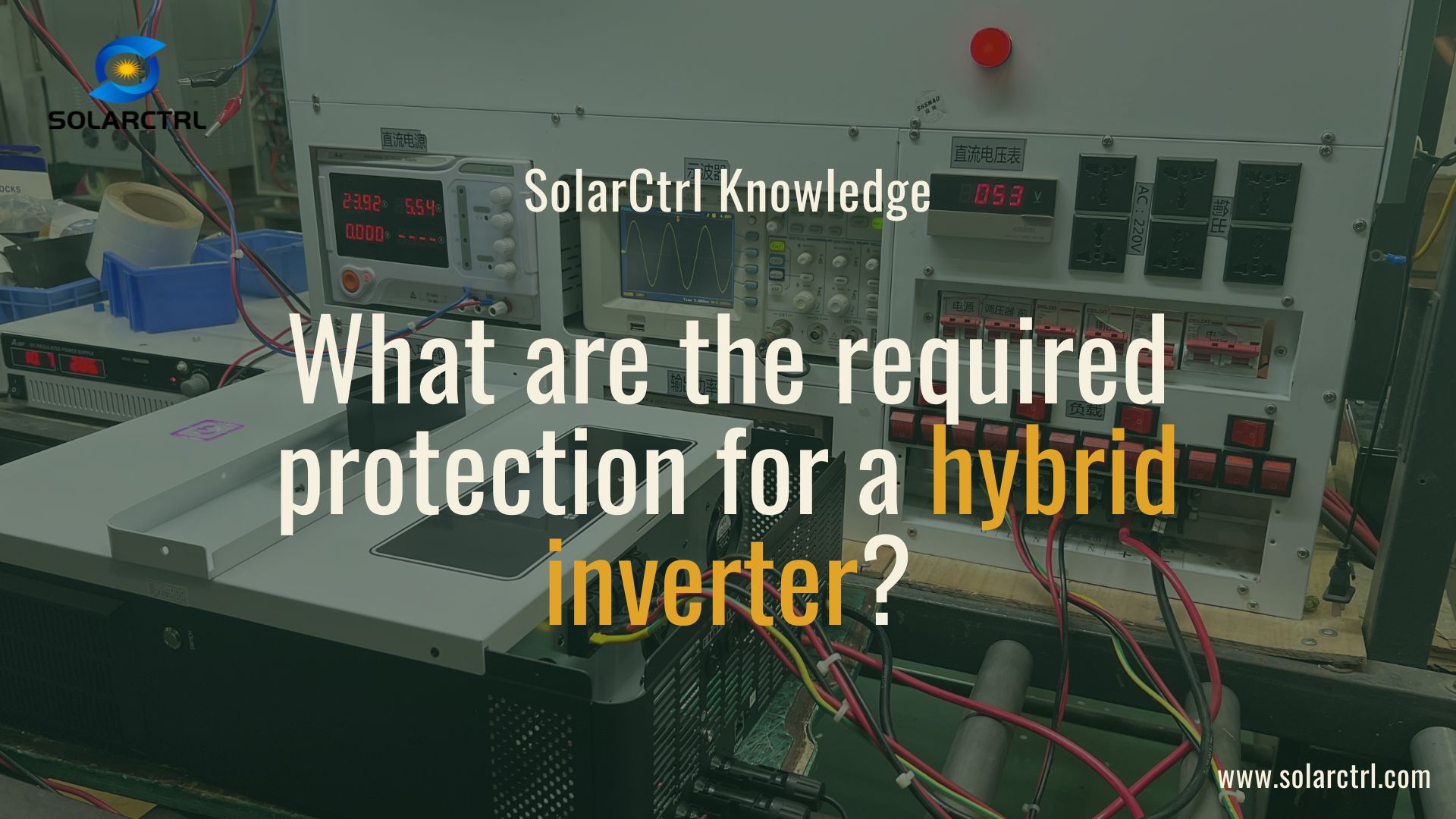
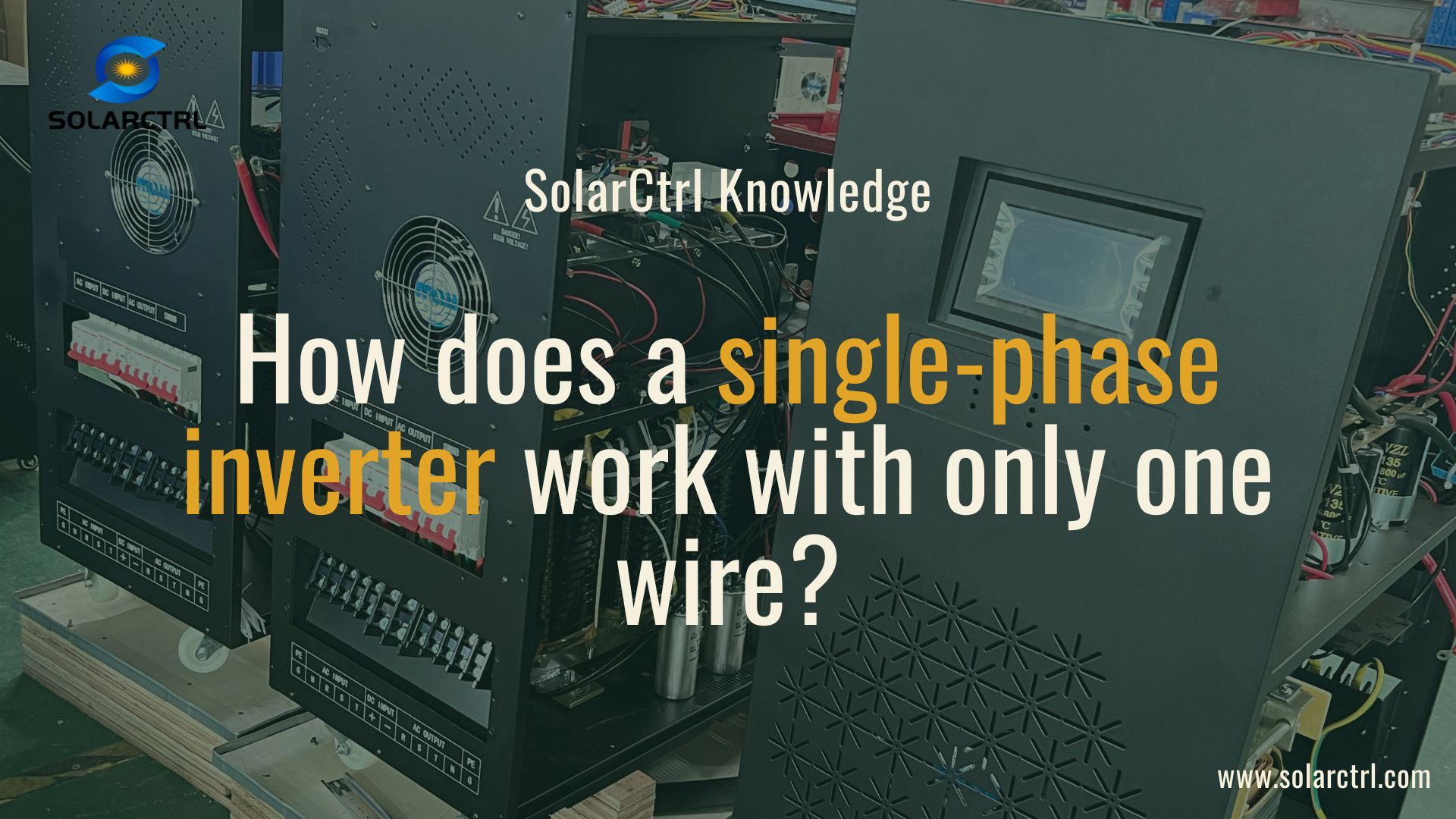














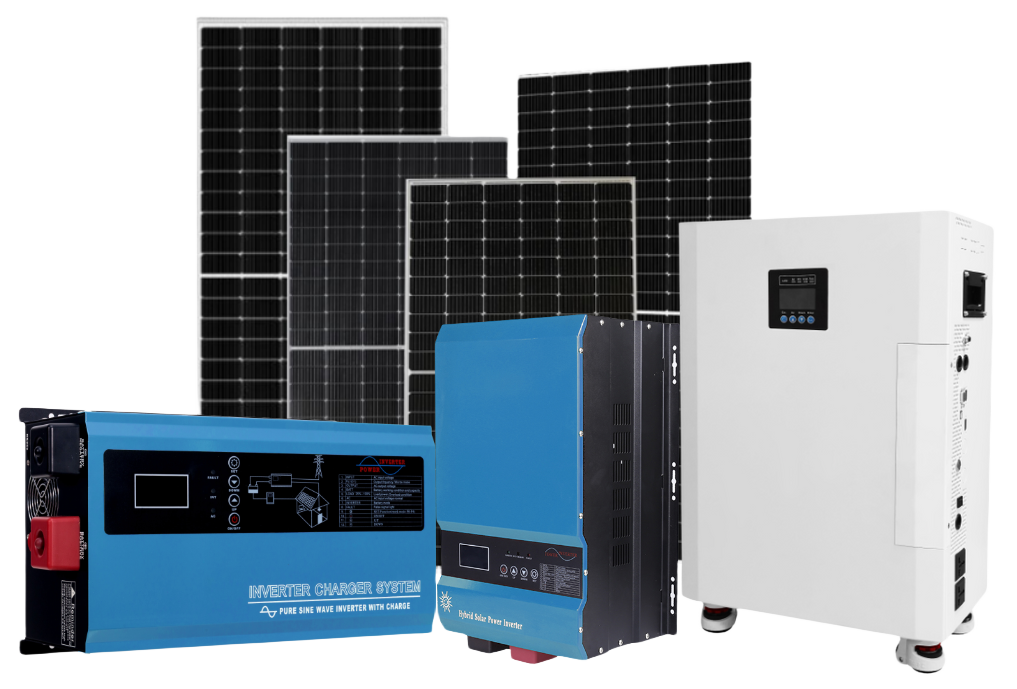
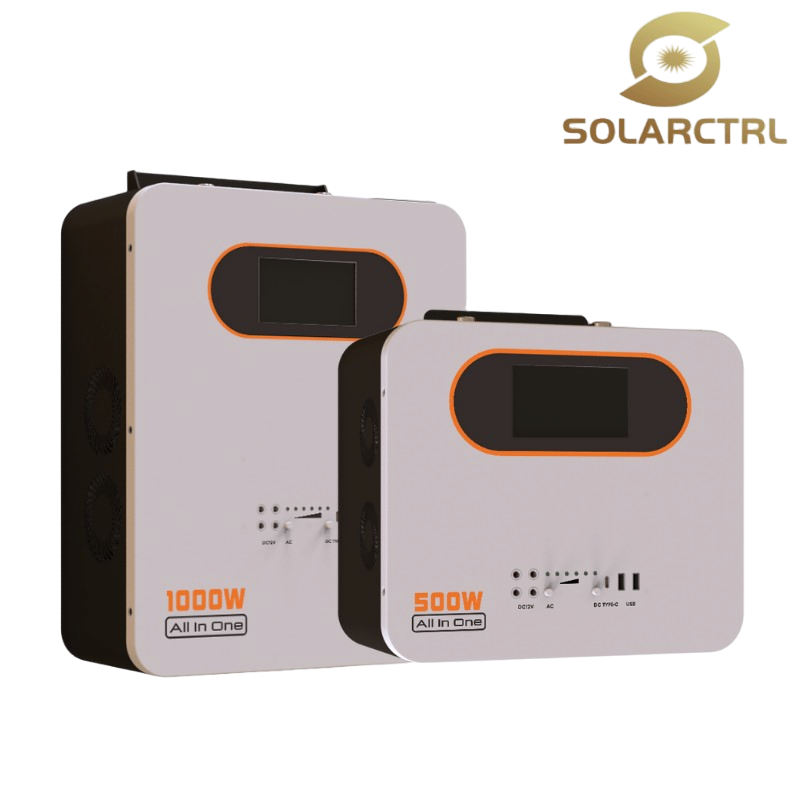
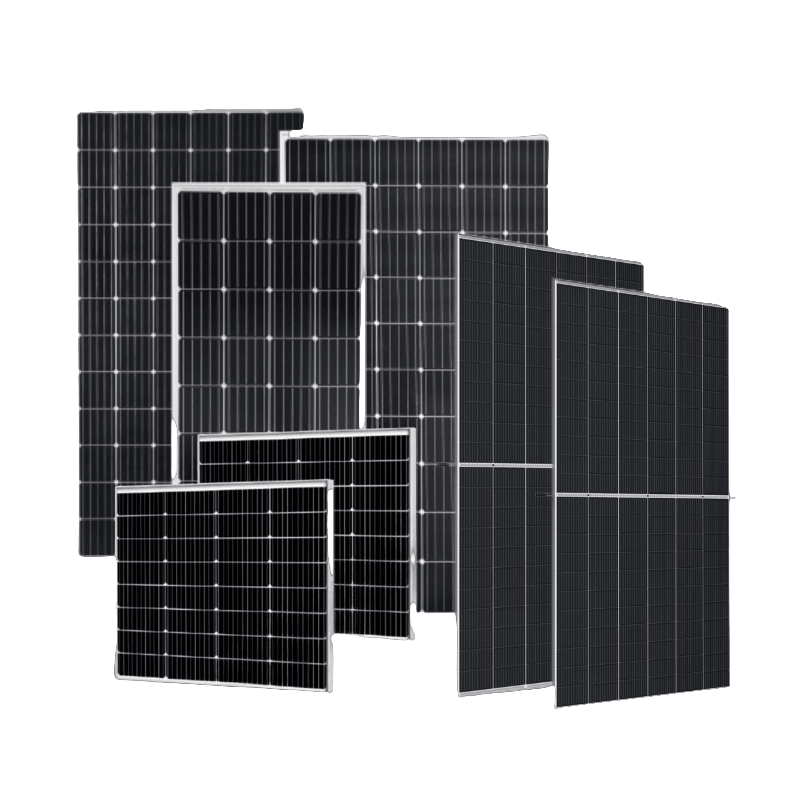
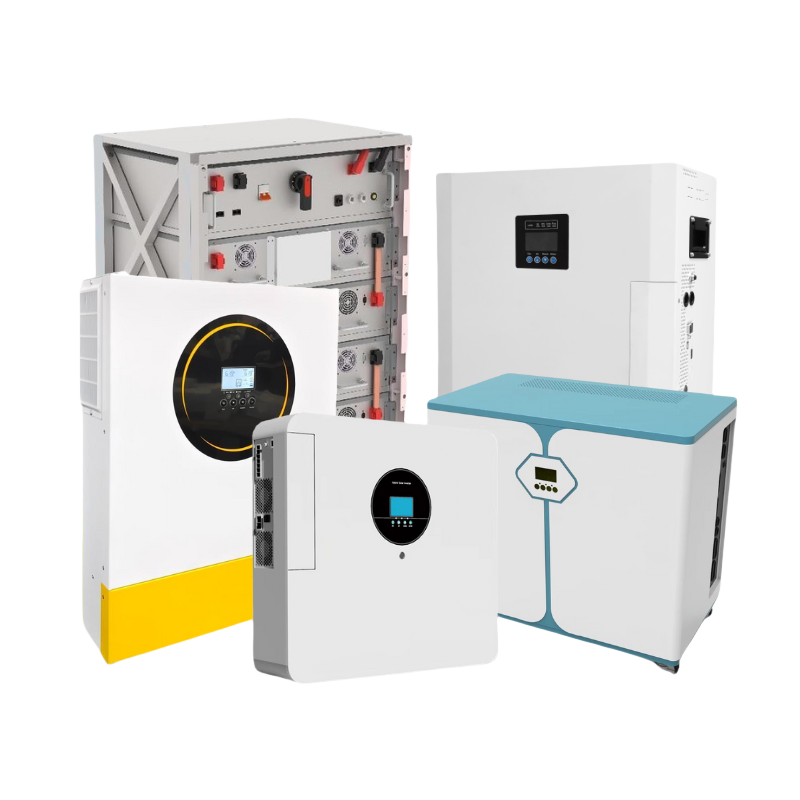
10 Responses
This write-up is very informative and insightful!
Thank you Debby Cao
Thank you for your positive feedback! I’m glad you found the write-up informative and insightful. If you have any questions or would like to learn more about solar energy topics, feel free to leave a comment. I’m here to provide support and guidance.
Thanks much for this information. It really helps. Continue the good work.
Thank you very much for your encouraging words! I appreciate your support. If you need more information or have further questions about solar energy, feel free to ask anytime.
Thank you for the informations
You’re most welcome! I’m glad the information was helpful. If you have any more questions on solar energy, please feel free to reach out anytime.
All this information are comprehensive is very vital & educative thank you Debby cao
Thank you so much for your kind feedback! I’m delighted you found the information useful and educational. If you have any further questions about solar energy or want more insights, please feel free to ask—I’m here to help.
Gece elektirigim kesildi. Jeneratör ile aküleri doldurdum ancak sistem devreye girmedi ve elektrik vermiyor.
İnventr da nasıl bir uygulama ile tekrardan sistemi devreye sokabilir im
Jeneratör ile şarj sonrası sistem devreye girmiyorsa genelde iki noktayı kontrol etmek yeterlidir:
1. Akü voltajının inverterin minimum çalışma seviyesine ulaşması.
2. Inverter’i kapatıp yeniden açarak resetlemek.